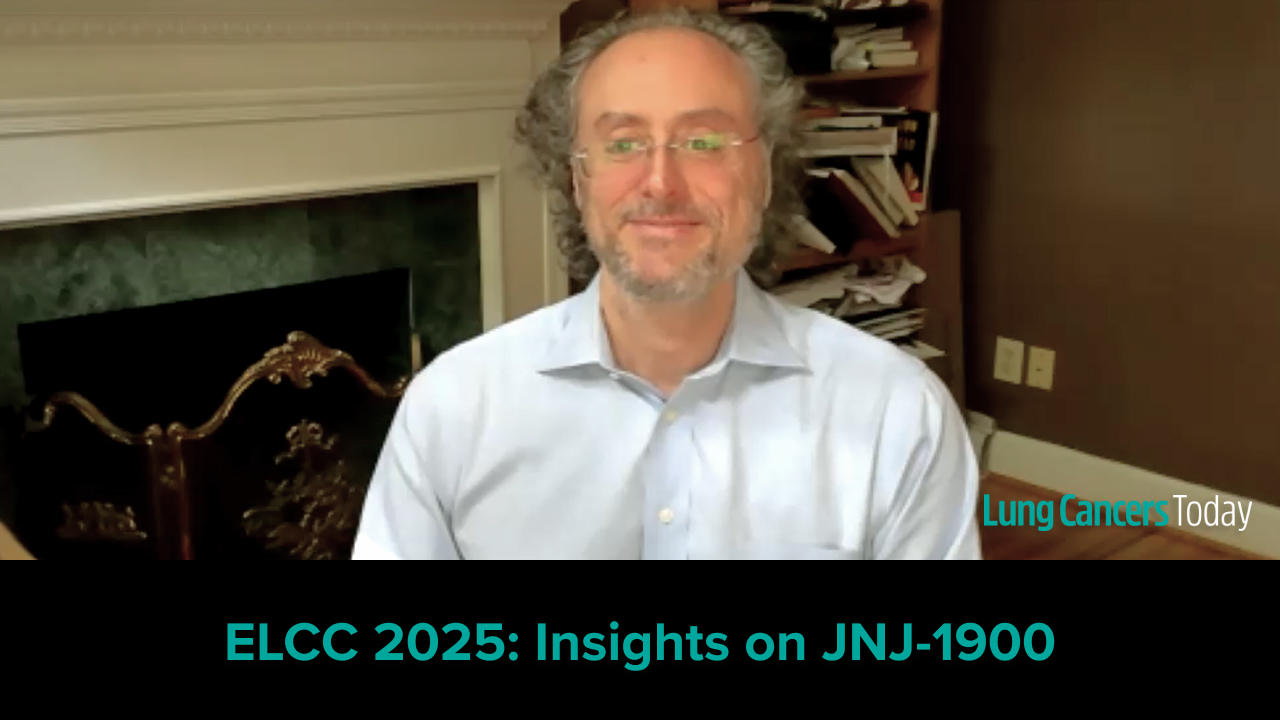
A study exploring awareness and help-seeking for potential symptoms of lung cancer among patients at high risk for the disease identified one surprising factor that bars patients from seeking help: judgmental attitudes of general practitioners toward smokers.
Participants were recruited from community centers and organizations located in high-incidence and socioeconomically deprived locations in Ireland.
Five focus groups consisting of 46 participants at risk for lung cancer were conducted. Participants ranged in age from 51 to 90 years; most participants were female (n=31), Irish (n=45), and married (n=17) or widowed (n=13). Nearly half of participants were current smokers (n=22), smoking from 10 to 40 cigarettes daily. More than half of participants were retired (n=27); 19 patients each completed primary and secondary education.
The two major themes identified were: (1) lung cancer awareness, beliefs, and experiences and (2) help-seeking for early signs and symptoms of lung cancer.
Many participants considered lung cancer a death sentence. Some did not believe in cancer or thought a cure was being withheld; one participant said, “They have a cure for cancer, loads of cancers and they won’t release it because there’s too much money making going on with charities…I’ve stopped volunteering and donating for all those charities…” (focus group [FG] 2).
Participants’ knowledge about lung cancer was “fragmented and discrete,” the researchers described. Many attended the focus groups to learn more and ascertain their own risk.
Some participants assumed the point of the focus group was to promote smoking cessation, which was not a positive belief, as one participant said, “There’s only one way you’ll get me to give up cigarettes and that’s get a gun and shoot me” (FG3).
Among participants who exhibited possible symptoms of lung cancer, some tried to regulate their symptoms at home; many said that if this failed, they may seek medical help. However, others said they would not go to a doctor; one of the reasons included “doctors’ presumed negative attitudes [toward] smokers.”
One participant described, “If you get a cough, when it’s lasting more than three weeks, you’ll put up with it because you don’t want to go to the doctors and get a rollicking. If I go to the doctors…the first thing they say, are you smoking?…they’re very condescending…the doctor can push practically any complaint you go to, he can put it down to your smoking…they make you feel small…you’re a dirty smoker…it would delay me, definitely…” (FG3).
The study was published in the European Journal of Oncology Nursing.
Among the recommendations in their conclusion, the researchers stated, “This study also highlights the need for healthcare professionals to adopt a non-judgmental approach during consults for symptoms indicative of [lung cancer]. Clinicians also ought to cater for various literacy and health literacy levels by using lay terms to describe [lung cancer] symptoms, emphasizing the importance of self-monitoring, and stressing the need for reconsults and follow-up for symptoms of concern when and if needed.”







 © 2025 Mashup Media, LLC, a Formedics Property. All Rights Reserved.
© 2025 Mashup Media, LLC, a Formedics Property. All Rights Reserved.